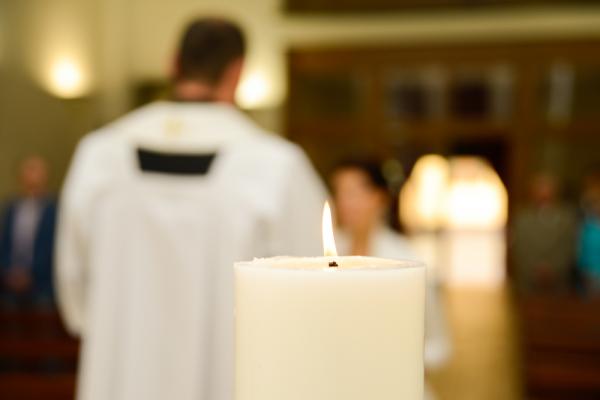Churches flung open their doors on September 11, 2001, and people gathered on that day, and for some days later. There was a draw to sacred space in the midst of our everyday space being turned into dust–profane, unholy, hollowed out. The liturgies I attended in those days that followed were stripped down, bare, and profoundly vulnerable. The psalms were prayed. People wept together. We clung close. We resisted asking questions of meaning, and allowed ourselves to grieve, to lament.
A lot fewer churches flung open their doors on September 11, 2002. And even fewer today. The gravitational pull to gather in sacred space has waned. And it has become impossible, for the most part, to disentangle our liturgies from our politics. No longer gathering together out of unvarnished need for the divine presence, some of us gather now precisely to ascribe meaning to the unfathomable through the inextricable linking of nationalism with religion.
Read the Full Article

